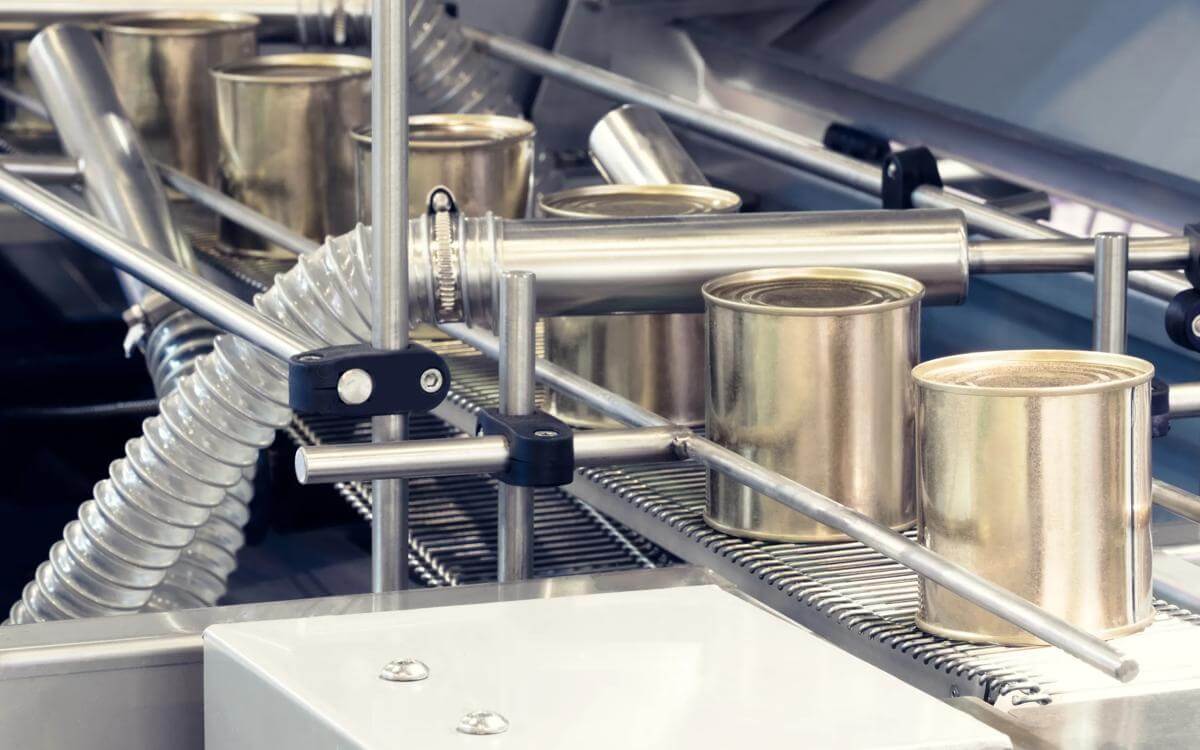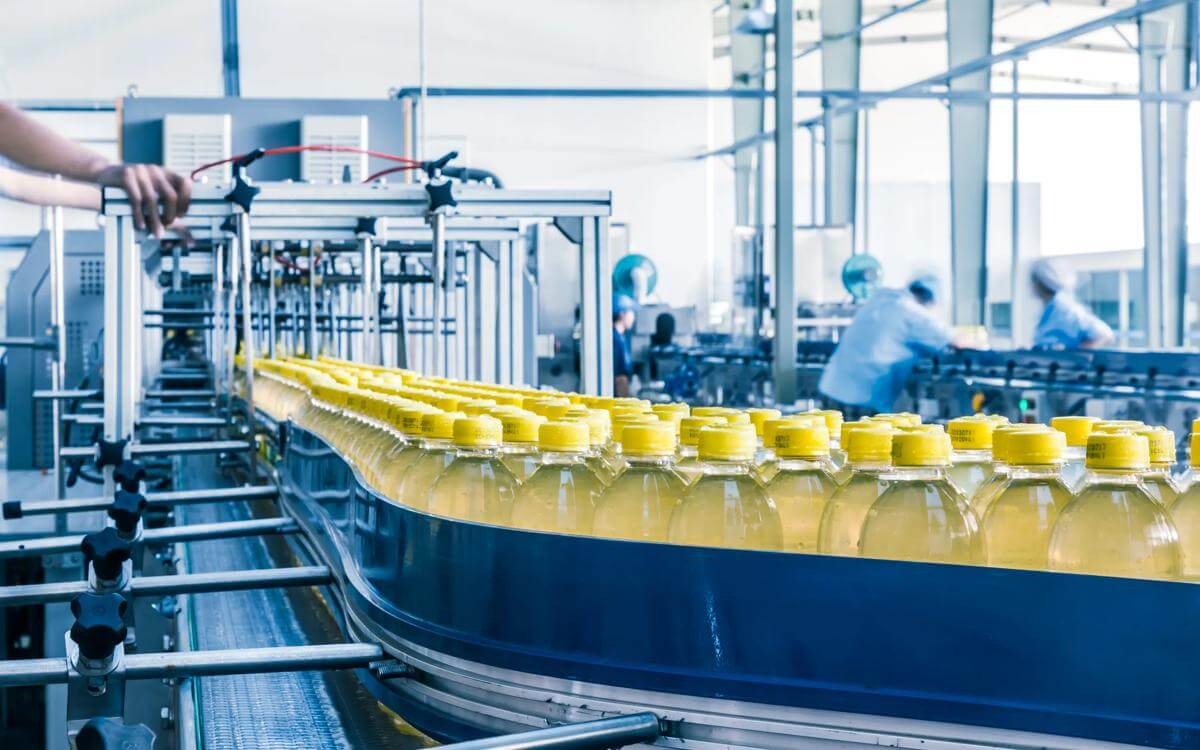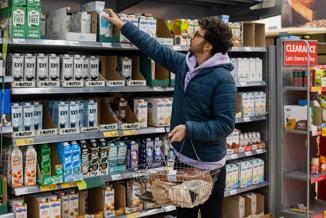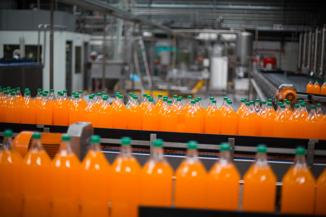The landscape of waste management in the UK is undergoing a transformative shift, particularly in how businesses handle food waste. With the introduction of the Waste (England and Wales) Regulations 2011, the separation of recyclables has been a must for businesses.
However, a more significant change is on the horizon. By March 2025, under the Environment Act 2021 and the forthcoming Food Waste Regulations, all businesses that produce more than 5kg of food waste will be required to separate food waste from general waste, a move aimed at strengthening the UK's commitment to reducing food waste and enhancing sustainability.
As part of the United Nations’ sustainable development goals, the UK government has set an ambitious target to halve food waste by 2030, an objective also laid out in ‘The waste prevention programme for England’. The 2025 food waste separation mandate is pivotal in achieving this goal, compelling businesses to adopt more sustainable food waste management practices.
Preparation is key
Preparation for the 2025 regulations should include conducting waste audits to understand the volume of food waste produced, discussing the new requirements with their licenced food waste carriers, investing in designated food waste bins, and training staff on new waste separation protocols. Additionally, businesses should prepare to start monitoring and reporting their waste generation to align with the mandatory reporting requirements set to come into effect.
The cost of non-compliance
The stakes for non-compliance are high. Businesses that fail to adhere to the new regulations will face stringent penalties, including fines, enforcement actions, and possible prosecution. Beyond the financial implications, non-compliance risks damaging a business's reputation and its commitment to corporate responsibility and environmental sustainability.
A call to action
The 2025 Food Waste Regulations represent a critical step towards the UK's zero-waste-to-landfill goal. For businesses, this means an urgent need to revamp their waste management practices. By taking proactive steps now, businesses can secure compliance, avoid penalties, and contribute positively to the environment.











































